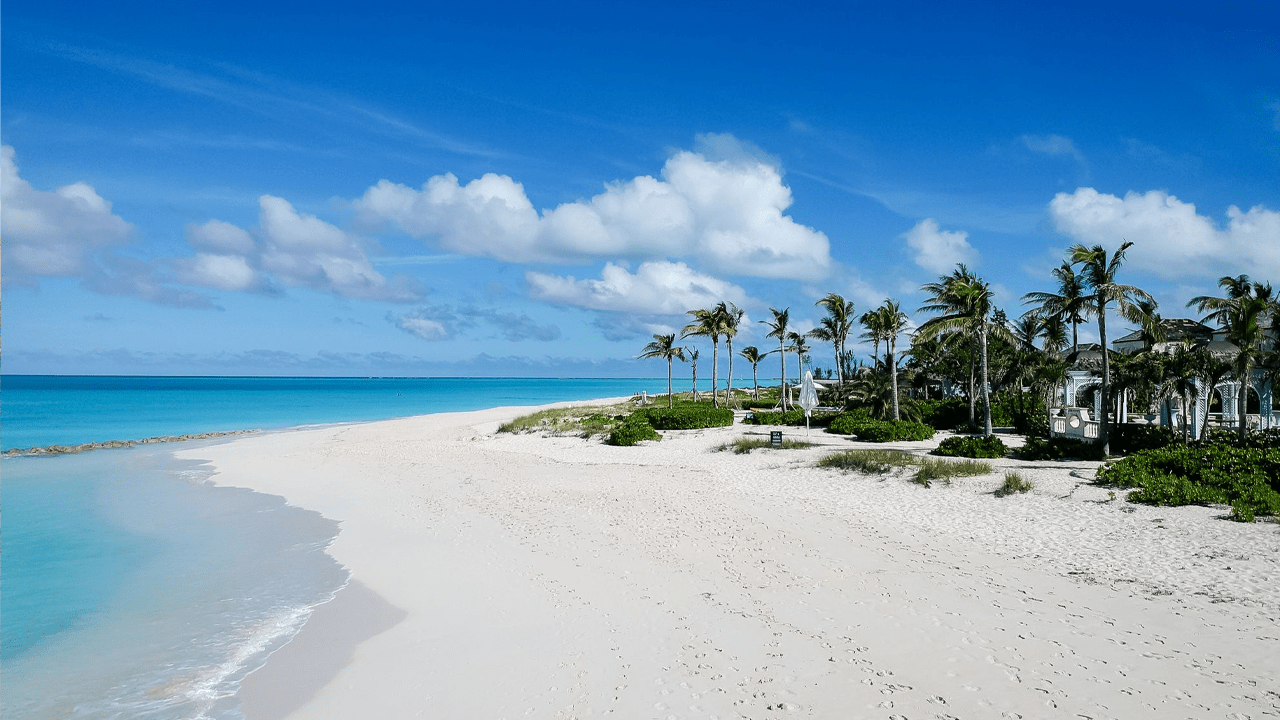The Eastern Caribbean Currency Union has brought on board seasoned legal consultant Lydia Elliott to craft legislation for a newly established regional regulator that will oversee Caribbean Citizenship by Investment Programs (CIPs) across the region.
Elliott will serve a seven-month consultancy role, concluding in August 2025. Her new role will be pivotal—setting unified standards for CIPs while bolstering transparency, accountability, and integrity. It will also handle complaint investigations and foster collaboration among key stakeholders.
Elliott presented her initial findings to the Interim Regulatory Commission (IRC) in January. The eight-member IRC, representing CIP jurisdictions and regional bodies, gave its endorsement to her approach, which focuses on wide-ranging, inclusive consultations.
This move follows the March 2024 Memorandum of Agreement signed by Caribbean CBI jurisdictions and discussions from the third roundtable with US Treasury officials. It was during these meetings that regional governments committed to the creation of a centralized regulator.
The initiative is part of a broader framework agreed upon with the US Treasury in February 2023, which includes measures like harmonized Caribbean citizenship application denials and mandatory interviews to strengthen due diligence processes.
Starting March 2025, Elliott will embark on a series of consultation meetings with government leaders, industry stakeholders, and community partners across member states. To ensure public participation, the ECCB has also set up dedicated channels for feedback.
In 2024, in a groundbreaking move aimed at fortifying the integrity and security of Caribbean Citizenship / Citizenship By Investment Programs (CBIPs), several member states of the Organization of Eastern Caribbean States (OECS) have come together to sign a Memorandum of Agreement (MOA). This Caribbean citizenship price floor agreement, marked by the signatures of the Prime Ministers of involved nations, signifies a pivotal step towards cooperation and information sharing amongst participating countries.
The signatories, including Antigua & Barbuda, the Commonwealth of Dominica, Grenada, and Saint Kitts & Nevis, and later Saint Lucia have committed to fostering collaboration in the vetting process of CBIP applicants. The primary objectives of this MOA are to uphold international standards, enhance due diligence procedures, and ensure that only qualified individuals gain Caribbean citizenship through investment.
Table of Contents
ToggleWhat is the Caribbean passport?
The Caribbean passport is issued by the 15 member states of the Caribbean Community (CARICOM) for their citizens. It was made to ease travel within the region, and can be used both for intra-regional and international travel. All Caribbean authorities permit dual citizenship, so that individuals will not have to relinquish their first nationality. Foreign investors seeking Caribbean passport by investment may include their spouse, children, parents, grandparents, and siblings in their applications.
Caribbean citizenship offers numerous benefits, including visa-free or visa-on-arrival access to over 140 countries, favorable tax regimes with no personal income, wealth, or inheritance taxes in many jurisdictions, and fast processing times, often within 3–6 months. Additionally, it allows dual citizenship, providing flexibility without the need to renounce your current nationality.
How to get Caribbean citizenship?
Obtaining a Caribbean citizenship neither require personal attendance to the new country of nationality, nor language test to apply for the passport. Applications are approved within a period of 3 to 5 months following the date of submission.
To qualify for obtaining a Caribbean passport by investment, individuals are required to prepare documents, submit an application online, wait for it to be processed, and finally make an investment. Investments may be a non-refundable contribution or donation to the country or purchasing a real estate in a government-approved project. The Caribbean passport price or in other words the minimum contribution ranges from 200,000 USD to 400,000 USD, depending on the country that the applicant is submitting his application to.

